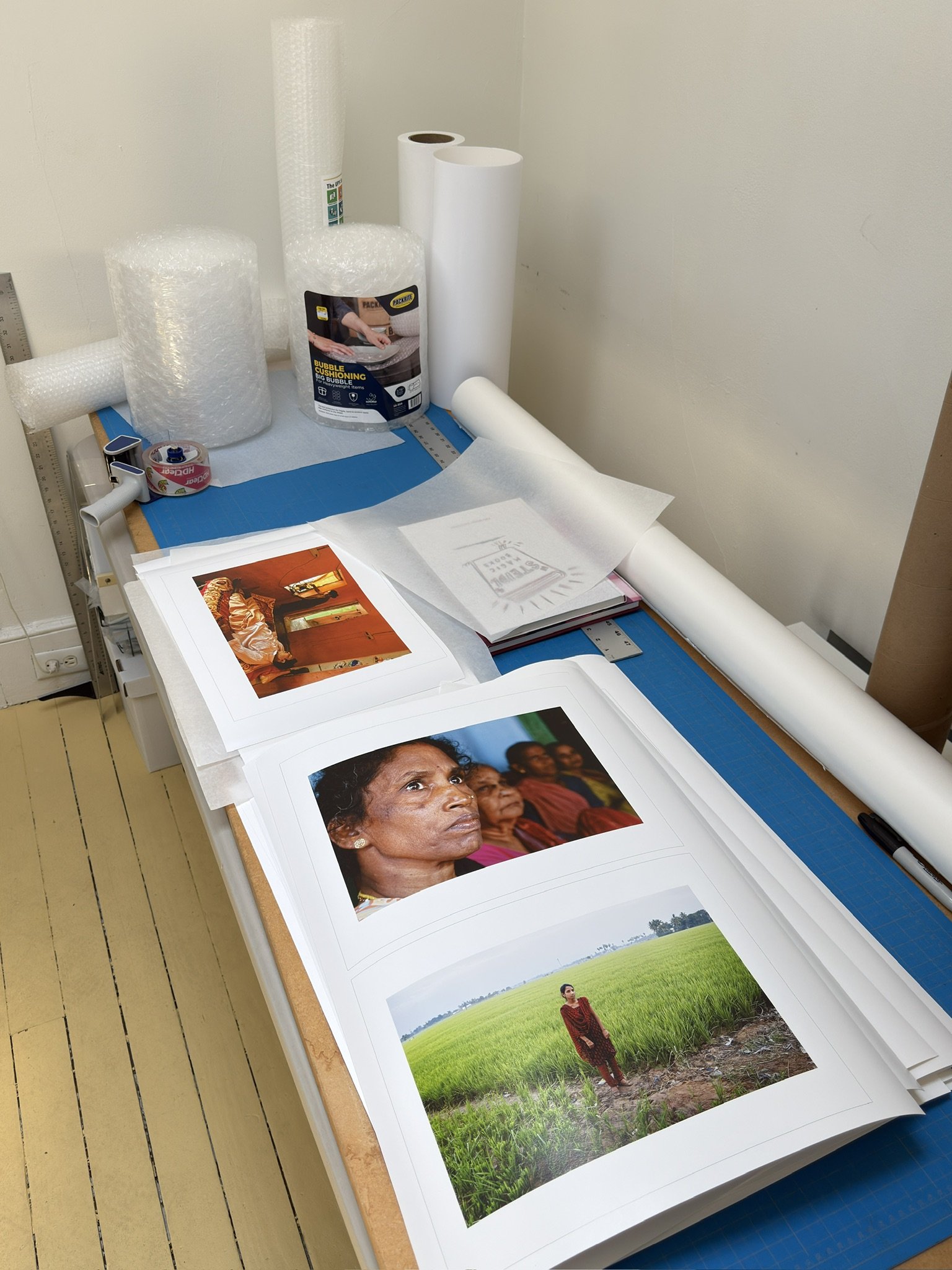Over the past 12 years, I’ve developed a global project documenting a form of kidney disease that often goes undiagnosed and untreated. This illness, known as CKDnT (Chronic Kidney Disease of Non-Traditional Causes), primarily affects the working poor in agricultural regions near the equator. Climate change has contributed significantly to its rise.
In that time, I’ve produced an extensive body of still photography and five short documentary films. In partnership with La Isla Network, this work has had tangible impact—improving labor practices in Central American sugarcane mills, raising global awareness about the importance of rest, water, and shade for workers, and advancing research into the disease’s causes and potential solutions. Tens of thousands have died or become too sick to work, devastating families and communities.
I’m truly honored to share that the photography from this project has been acquired by the Library of Congress. This marks the second body of my work to be collected by the largest archive in the world—the first being Aging in America, a seven-year project acquired several years ago. As a documentary photographer, one of my goals is to create work that stands the test of time and remains relevant beyond the moment of its creation. Having this work preserved by the Library of Congress affirms that.
Beyond personal and professional achievements, the most meaningful outcome is that CKDnT will gain further visibility. By placing this work in the public domain, I hope healthcare professionals, researchers, epidemiologists, and storytellers will be able to access it—and build on it.




